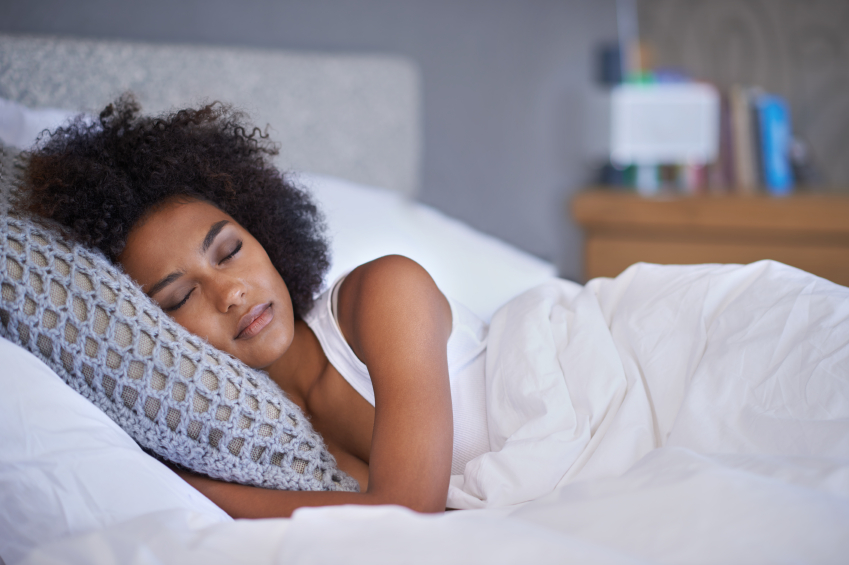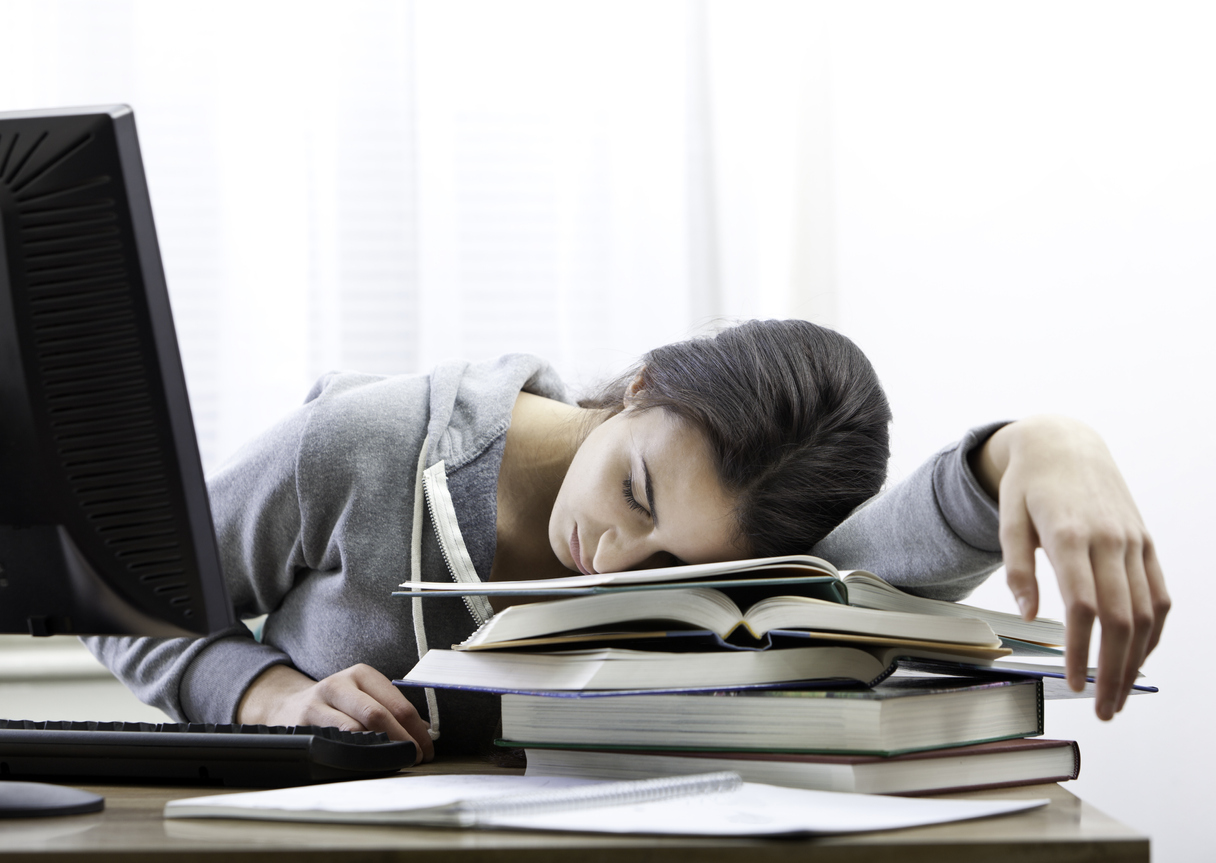Cracking the Code for Good Sleep
At least once a week, sometimes several times, someone on social media posts about their very own experience(s) with insomnia. Often time, the posts come in the throes of the moment. Not that I see them in real time unless they are in a time zone when the midst of their wee hours is my mid-morning.
Anyhow, I know the feeling. When I am detained by insomnia, I don’t want to lie awake in bed, stare into the oblivion and be heckled by the thoughts in my head, either. I just want to sleep. That’s all. Is there a code that I haven’t cracked, I often think glancing over at a sleeping husband?
If there is one, the first part of it must be a lesson I have learned over the years: the more you chase sleep, the more evasive it becomes.
Case and point: A few years ago, I did not sleep a wink the night before I appeared on a major television talk show in London to discuss the results of some UIO research. I tossed, turned, bed hopped, meditated, prayed, tried several sleep masks, and even commanded myself to sleep but I lay awake miserable.
Around 5 am, I happily sprung out of bed and prepared for the opportunity ahead—a car from the BBC would arrive soon to take me to the studio and I wasn’t going to botch that opportunity. Off I went and though my appearance was successful by most measures, I was exhausted and barely made it home before my lack of sleep made me sick.
Even after this, I still couldn’t sleep—too tired and ill feeling.
So where did I go wrong? According to sleep experts, I stayed in bed that night, perhaps another part of the code. Apparently, there are many scientific rules, if you will, around getting off to sleep. One of them is that if you can’t sleep, get up, leave your bed and the taunting thoughts behind, and do something interesting, meaningful, distracting. That something for me nowadays is to play solitaire with a beautiful Christian Lacroix deck of cards, a gift from a good friend. For at least one other insomniac that I know, it is decorating. Find out what works for you and do it when insomnia visits.
Thankfully, however, I don’t have to play cards during the wee hours as often as I once did. I’ve now incorporated the practice into my sleep hygiene on the nights when I suspect I might have trouble drifting off.
According to Dr Nerina Ramlakhan, guest of our On Sleep podcast, it is important to develop sleep hygiene from the time you start your day to the time you wind down. This means paying attention to when and what you eat and drink, whether you nap or not and what you do before going to bed, all code sounding language to me.
Now about that canteen of coffee or caffeinated tea or oodles of chocolate that you enjoy daily, it might have something to do with whether you get off to sleep or even stay there or not. Experts say caffeine has an average half-life of about 6 hours. In short, that means if you have a chocolate dessert three hours before you sleep, you might be in for an awakening that night.
Worse yet, Dr Ramlakhan points out that even if you get to sleep, you might not stay there. Many people drift off and wake up suddenly, unable to get back to sleep. The good news is that staying asleep responds to the same sort of habit forming that getting off to sleep does. Not only does paying attention to your food and drink intake matter, so does power napping during the day.
One day after lunch, although I felt sleep come over me like dusk, I took Dr Ramlakhan’s advice and did not rush to my bed and pull the covers over my head. I took a nap on the sofa, setting my timer for 20 minutes. It worked. I managed to get off to sleep that night and stay there, having kept to winding down at least an hour before going to bed, signing off all devices and turning them off, assisting my chatter box to quiet down with meditation, and concealing any other blue light or indeed any light in my room, all key tips from our podcast.
Code cracked, right! Not so fast. There is another unhealthy encounter that many people have with sleep–sleeping too much, otherwise known as hypersomnia, which is not the same as being jet lagged and sleeping more than usual. It is when someone needs to sleep a lot all the time.
This can be tricky to diagnose because teenagers need more sleep than adults because of the growth and development they are encountering. But Dr Ramlakhan points out they can overdo it, putting a damper on health altogether, since sleeping too much is not good sleep either and can cause health problems akin to the ones caused by not getting enough sleep.
The key is getting the right amount of sleep for you. That cracks the code for sure. For more information on how to do this, outside of any medical problems, check out On Sleep wherever you listen to podcasts.



